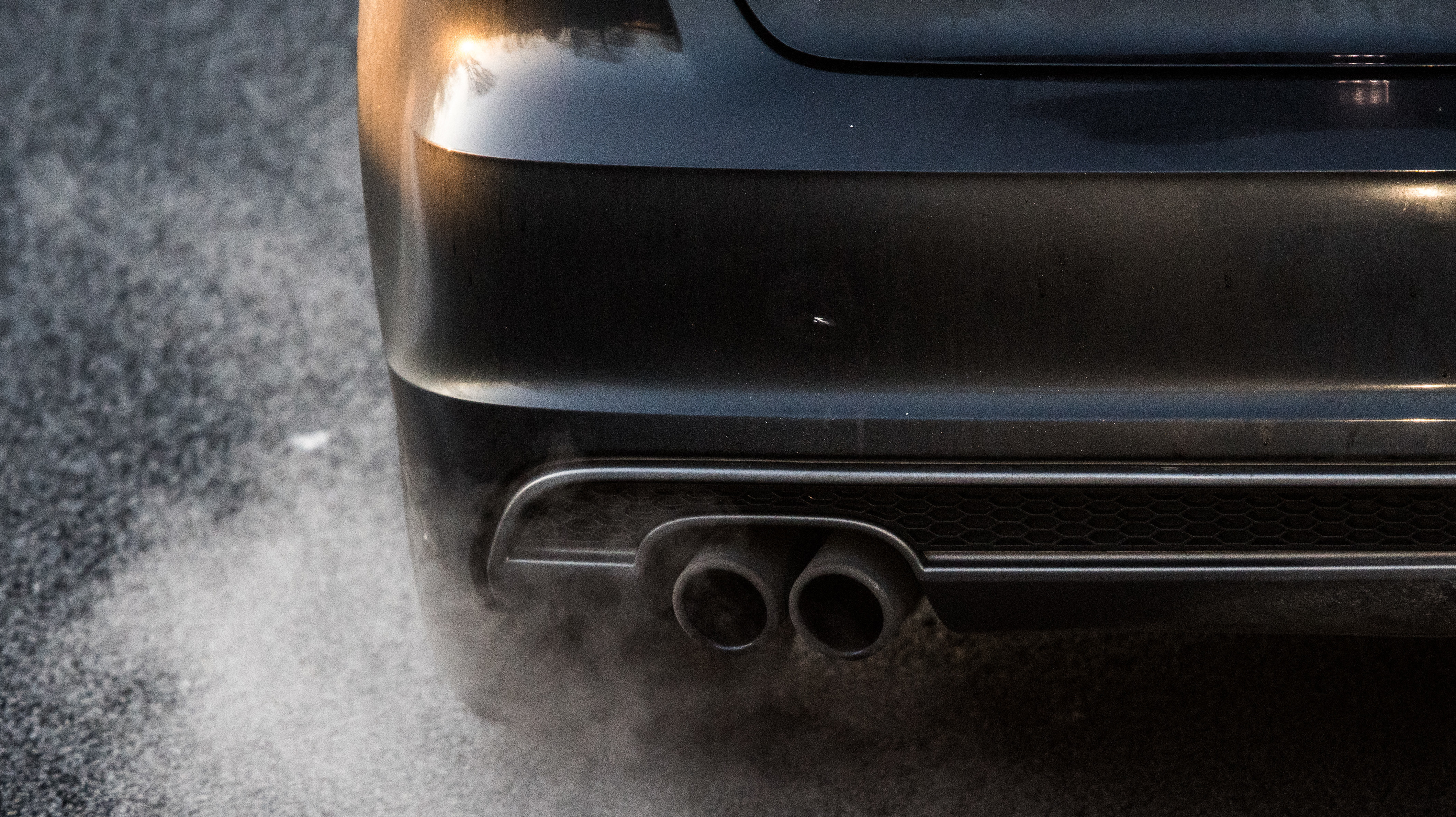Emissions Rules In Europe Are About To Get Real And Automakers Might Not Be Ready
This year is when strict new rules regulating emissions in new cars in Europe begin to take effect, and also when we get to see how automakers will really respond after (sort of) planning for it for years. The early signs seem like it may not go all that well, and the coronavirus pandemic is complicating things.
Reuters reports that emissions from new cars in Europe have actually risen in the past three years, even while staying under the regulated level, in large part because of the popularity of SUVs. The issue is that emissions for 2020 will have to be about a quarter lower which seems ... unrealistic.
From Reuters:
Average emissions for new cars registered in the EU's 27 member states plus Britain, Iceland and Norway were 122.4 grams of CO2 per kilometre in 2019, an increase of 1.6g compared with 2018, the EEA said.
This was comfortably below the EU's target for last year of 130g of CO2 per kilometre, but far off tougher EU targets that take effect this year.
To meet those and avoid paying fines, carmakers would need to slash their emissions by 22% from 2019 levels. The 2020 target caps average CO2 emissions from new cars at 95g CO2/km.
A big part of the issue, too, is that even in Europe, electric cars still aren't really a thing outside of Scandinavia. Electric and hybrid cars in the EU only account for less than 4 percent of new car sales last year. And while it seems unlikely that that buying behavior will change overnight, some countries have introduced incentive programs, and electric car sales during the pandemic have been up sharply. It also seems very possible that because of coronavirus, 2020 might be a wash anyway, as cratering new car sales will make it easier to comply with the regulations.
The real question for me is how the emissions regulations will change the performance divisions of the biggest automakers who might be compelled to roll back some of the fast cars to comply, like with whatever might happen at Mercedes-AMG. The rub, of course, is that the performance divisions are very profitable. But sooner or later the automakers will have to make a choice.
